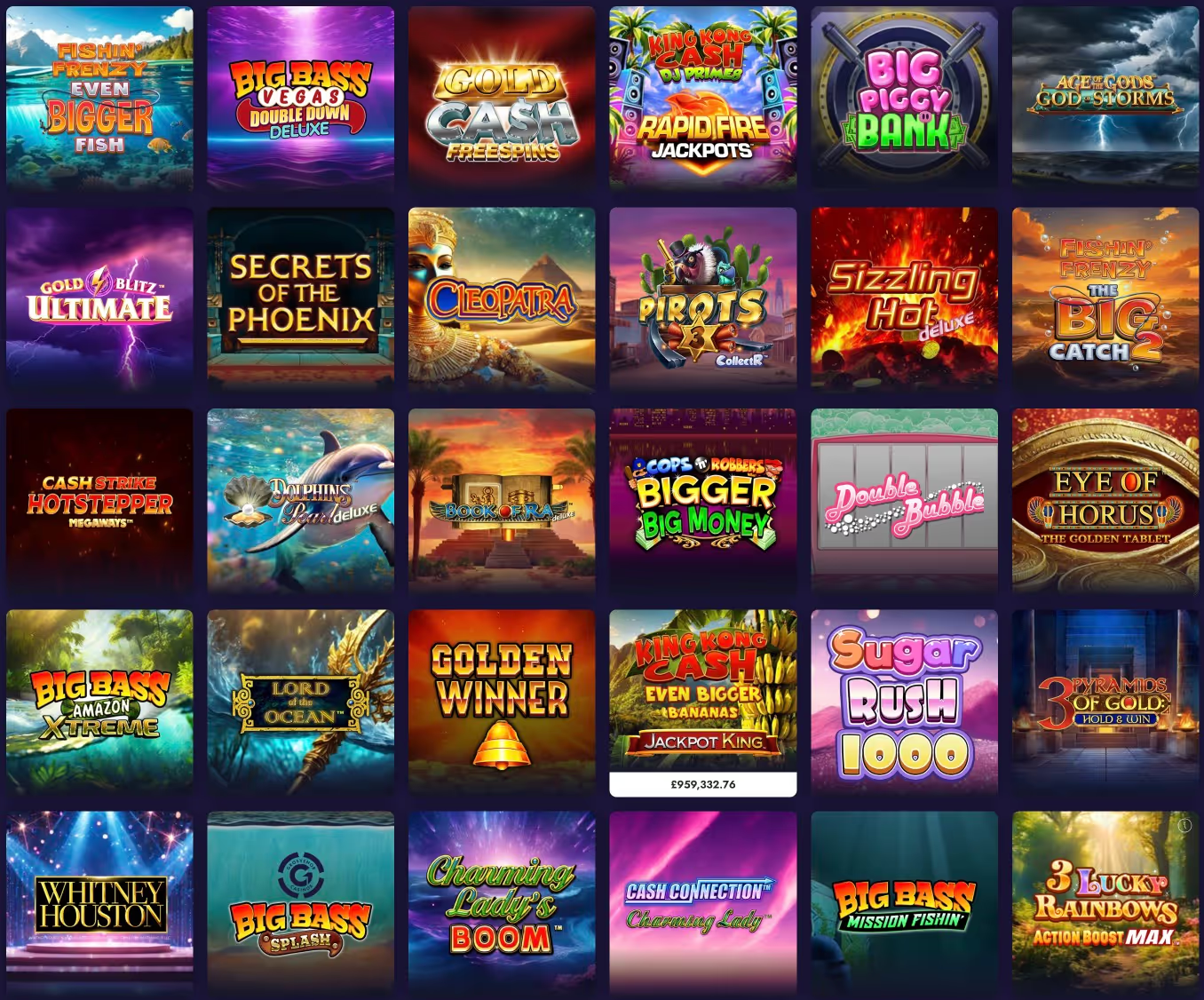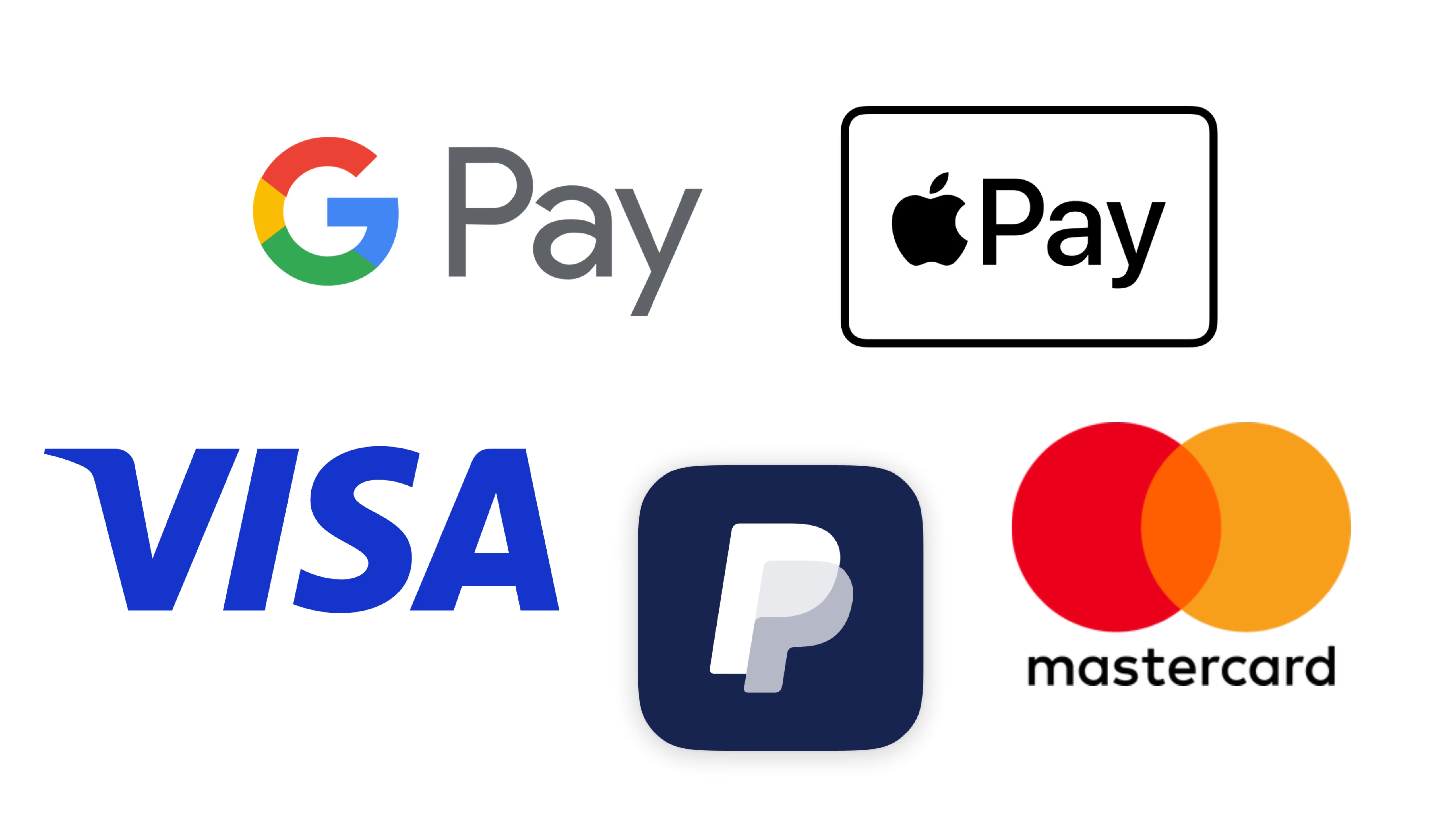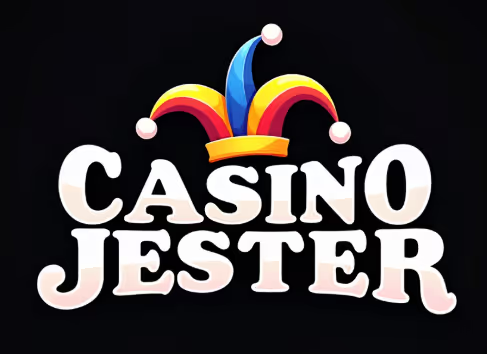Age and Casino Gambling
GEN Z TO BABY BOOMERS
Gambling has been a part of human culture for millennia, but how different generations of people think about gambling is not a one-size-fits-all situation. Indeed, everyone is different, and from the Baby Boomers who still love the sound of coins clinking in the land-based casinos, to Gen Z, only just coming of the legal gambling age, into a world filled with mobile apps and crypto casinos, each generation has its own preferences, habits, and psychology. We’ll look at what gambling is like across generations, BabyBoomers, Generation X, Millennials and Generation Z, and how these generational differences are moulding the present and future of the casino industry.
THE TRADITIONALISTS, GENERATION X AND MILLENNIALS
The Traditionalists (Born 1946–1964): Baby Boomers
Gambling has long existed for Baby Boomers as a mostly social and in-person event. These players were familiar with horse racing, bingo halls, and the introduction of the great land-based casinos in places such as Las Vegas, Atlantic City, and Monte Carlo. Slot machines and poker tables were the preferred games, and gambling was often part of a larger leisure experience, travelling to dine out, socialise, and take in live entertainment.
Boomers are less active in gambling online than younger generations. Still, many have moved to play simple online slot games and online bingo, mirroring the experience found in land‑based gaming. Trust and recognition are crucial for them, so they prefer established, licensed casinos.
Generation X (1965–1980):
The In-Between generation. They were indoctrinated with the football pools & Match of the Day. Whatever you watched on television was what you could find on the three available channels.
Online casino enthusiasts are found mainly within Generation X, the first generation to embrace the Internet. When the very first online casinos opened up in the mid‑1990s, Gen X were some of the first ones in, playing roulette, blackjack, and slots on desktop computers long before mobile play was a possibility. While it’s safe to say that this group still prefers the land-based casino, they have made a significant shift towards the online offerings.
Poker, particularly Texas Hold’em, which boomed during the 2000s, appealed to many Gen X players. They like strategy games, but they also play mobile apps and live dealer, mixing tradition with technology.
Millennials (Born 1981–1996): The Experience-Seekers
Millennials were the first generation of gamblers to have smartphones from the get-go. Millennials consider gambling as much of a form of entertainment as it is a way to make money. They are after fun, gamified experiences, which carry great graphics and interactive features along with social components that mimic their online community.
HD live dealer games, skill-based games, and esports betting are especially favoured by the Millennial generation, who love what is immersive and custom to them. They are also eager to grab any bonuses, free spins, or comps they come across, and consider them all a part of the entertainment.
GEN Z, COMPARING GENERATIONAL GAMBLING STYLES & REGULATORY AND SOCIAL DIFFERENCES
Gen Z (Born 1997–2012): The Digital Natives.
Gen Z is only beginning to come of legal gambling age, yet their preferencesare already evident. This is the generation that has never lived without high‑speed internet, social media and streaming services. They’re digital native and they expect immediacy and frictionless mobile experiences.
Gen Z want all the fun of the casino accessible on their smartphone – from casino apps to instant‑win games to live streaming. They are also more receptive to new trends such as crypto casinos and blockchain-authenticated platforms. “Boomers might shell out a ton of money in one trip to a bricks-and-mortar casino, but with this generation, there’s a steady drip of smaller amounts buying into digital leisure”.
Comparing Generational Gambling Styles
The style in which a generation gambles reflects its technological and cultural environment:
· Baby Boomers: Like traditional, bricks and mortar gaming and consistent, value play.
· Gen X: Comfortable in online and offline environments, appreciate strategy-based games like poker.
· Millennials: Entertainment‑led, mobile‑first, drawn to gamification and social play.
· Gen Z: streaming‑influenced, crypto‑curious, prefer instant and interactive digital experiences.
These distinctions illustrate how gambling has shifted from a bricks-and-mortar experience into a remote, on-demand entertainment activity.
Regulatory and Social Differences
Regulators have also helped determine how people in each generation gamble:
· Boomers: Grew up when gambling laws were liberalised in the 1960s and 1970s, allowing betting shops, bingo halls and casinos to spread.
· Gen X: Profited from the inception of online gambling in the 1990s, when the laws were still playing catch-up.
· Millennials: Entered the game with more stringent measures, like responsible gambling tools and sign-up bonus transparency requirements.
· Gen Z: Arriving in the market in the most regulated climate with affordability checks, advertising limits and instant KYC.
Those changes mean that each generation has a very different view of the accessibility and regulation of gambling.


AGE AND GAMBLING & FUTURE OF GAMBLING DEMOGRAPHICS
Age and gambling
Generational psychology also goes a long way in determining how gambling is viewed, and who is likely to enjoy it:
· Boomers: Playing is something done with friends, as part of one’s social network and their favoured leisure activities, community and entertainment.
· Gen X: It's about value, strategy, and competition, the games where skill matters.
· Millennials: They long for excitement, but also for digital ease of use and social validation, seeing gambling as just one part of a more general entertainment lifestyle.
· Gen Z: Characterised by novelty, speed, and social factors, is influenced by streaming on platforms like Twitch and YouTube.
For the reasons mentioned, casinos appeal to different segment groups differently.
Future of Gambling Demographics
By 2030, most online casino players will be Millennials and Gen Z. This transition also means game operators will concentrate more on mobile-first platforms, engaging experiences, and interactive social features. Boomers will continue to be key for land-based venues, where socialising and the unique routine of gambling hold firm.
Casinos are already adapting their games: Boomers already have their online bingo and classic slots, while Gen Z and millennials now have VR casinos, mobile live dealer tables and platforms for betting on esports.

One Casino for the Ages
Every generation, from Baby Boomers to Gen Z, has its own approach to gambling. Boomers emphasise tradition and community, Gen Xers straddle the old and the new, Millennials yearn for experience and togetherness, and Gen Zers want quick, mobile-first, digitally native play.
They are all bound by the joy of the unknown and the wish for amusement. Casinos that understand and accommodate these distinct groups will excel as the changing face of gaming evolves.
Looking to discover UK-approved online casinos with appealing entertainment for all ages? Find our trusted partners here at www.casinojester.co.uk and play your specially tailored gambling experience.
10BET casino offer
100% UP TO £50 ON
FIRST DEPOSIT

Top Features of UK Online Casinos
Playing at our recommended casinos offers an exciting and secure gaming experience. Enjoy generous online casino bonuses, a wide variety of gaming options, and robust security measures.

UK Regulated, secure & trusted

Huge variety of games, jackpots, free spins & bonuses

All casinos offer Responsible gambling tools

Fast, safe & simple deposits & withdrawals

Good Customer Service

Clear & simple design to ease usability
Trusted by top brands in the industry












